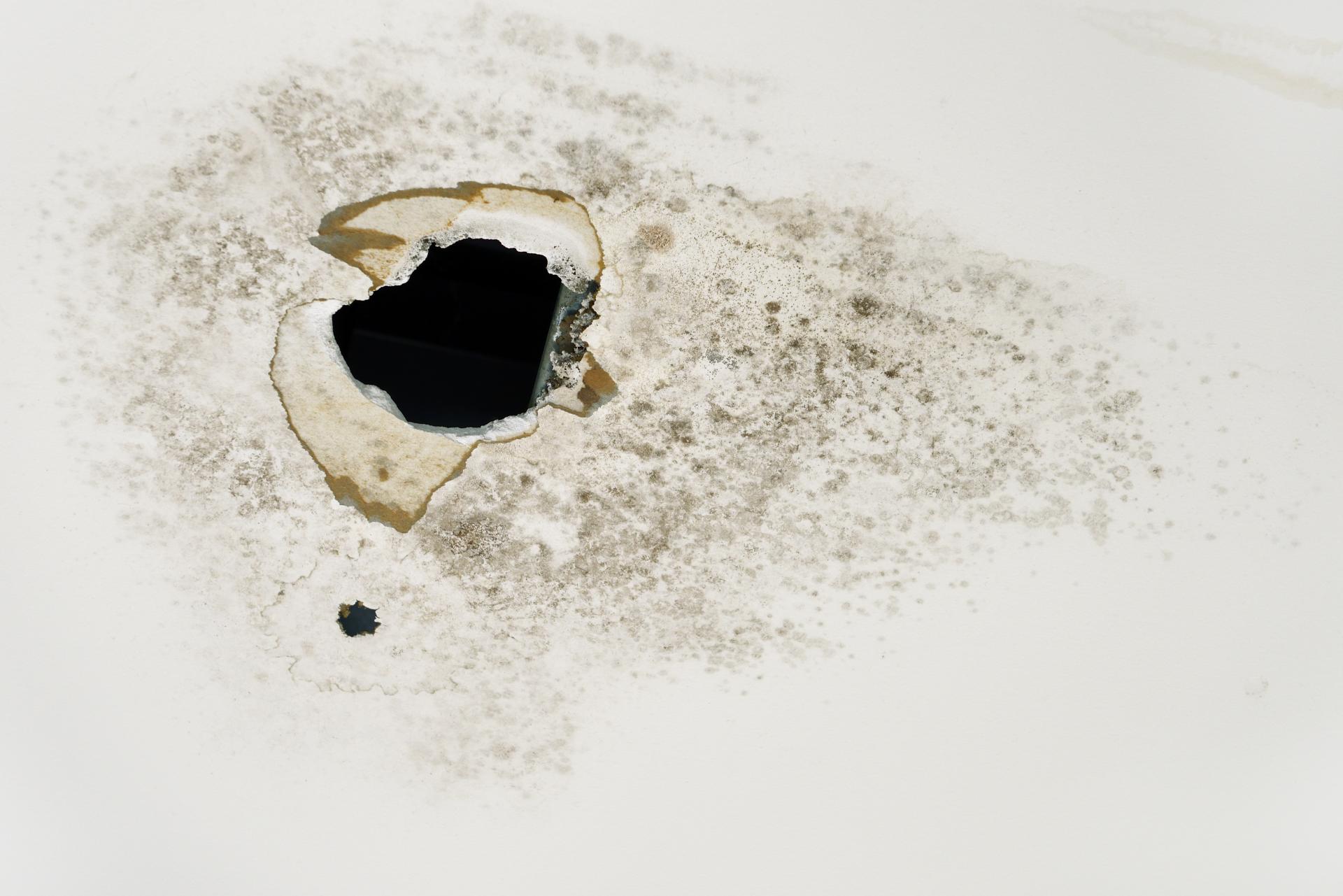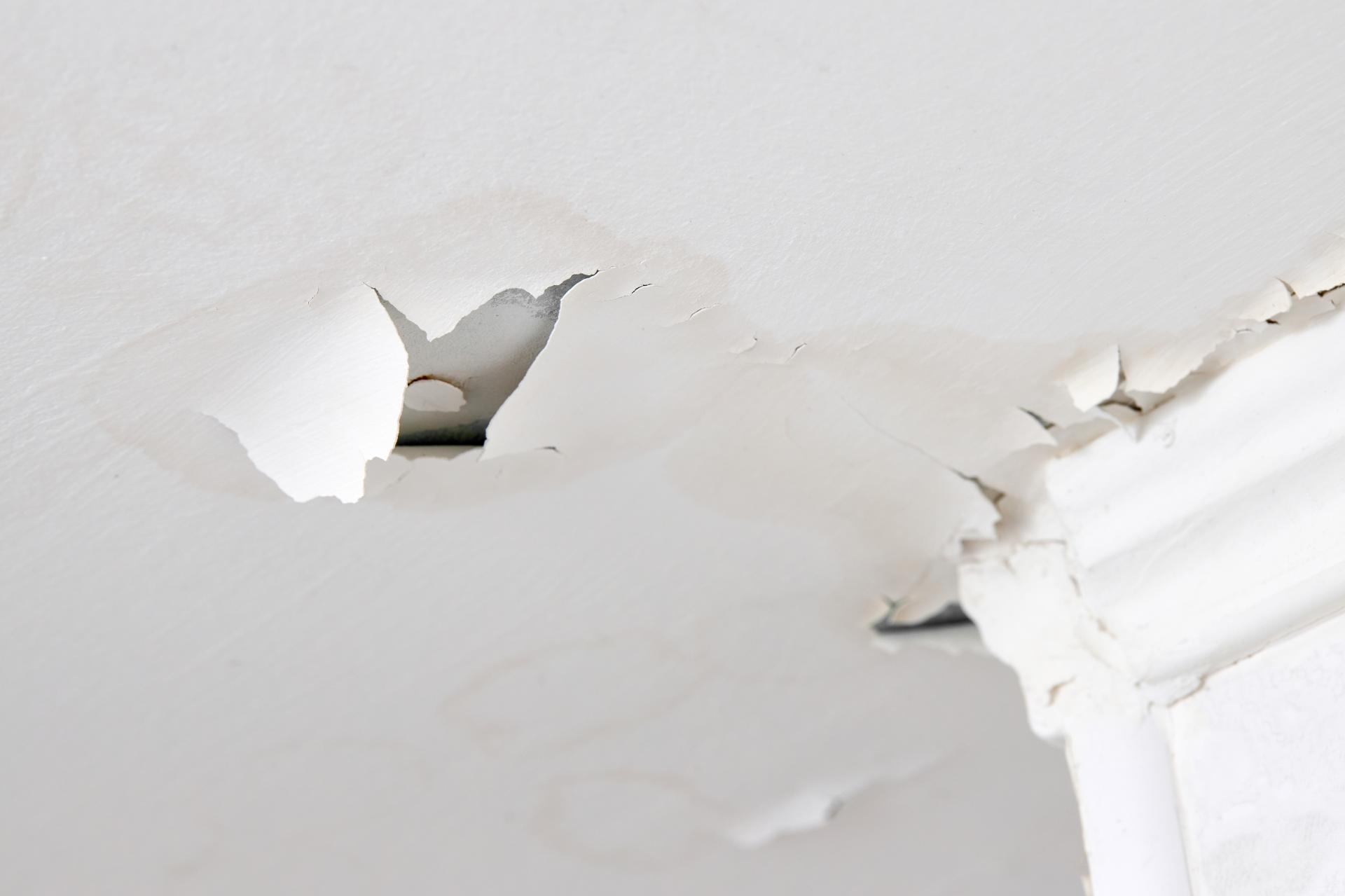Do you have any leaks or water damage?
More often than not, it can be very difficult to spot a leak in your household until it is too late. Fortunately, we’re here to help. This article will give some tips on learning how to spot the first signs of a leak and which actions to take in the event that a leak is found.
Understanding how to spot the clues
When you think of a leak, you may be picturing a dramatic scene of water streaming from your ceiling. However, the more structurally damaging leaks could be insidious in their development, perhaps progressing slowly over many months or years. The signs of a leak may be evident in the form of warped floors and doorways, mildew on the walls, or a damp smell. In more noticeable instanceshear a dripping sound after it rains or someone takes a shower.
Locate your water stop tap
If you think you’ve found a leak, it’s natural to call a plumber or if you have emergency home plans, you may have a procedure to follow for a call out. However, before you make a call, the water supply needs to be turned off which can be done by locating the stopcock and turning it clockwise.
How to find the stopcock
Most stopcocks can be found inside the house underneath the kitchen sink. Some houses will have individual stopcocks used for different sections of the house, but predominantly the main one will be found underneath the kitchen sink. Once turned off you need to drain the pipes, this can be done by turning on the cold tap until the water stops running.
Turn your heating off
You may still be unsure where the leak is coming from, so it would be best to also turn the heating off by shutting off the water supply. This can be done by finding the shut-off valve next to your boiler, you should also turn the boiler off by finding the correct circuit breaker. Once done, drain the system by turning on the hot water tap.
Turn your electricity off
As a leak can be larger than you think, it can be dangerous to have your electronics on around the water, so you should switch off your power at the mains. Light fittings and wall sockets can be damaged by water, so you may want to consider turning these off too.
Call a Professional
It can be extremely dangerous to try DIY plumbing unless you are trained, so you should call a professional. If the issue is related to the water mains or communication pipes, you’ll need to contact your regional water supplier and if this can’t be done, you should call a plumber. If the leak is from your roof, you will need to call a roofing professional.



